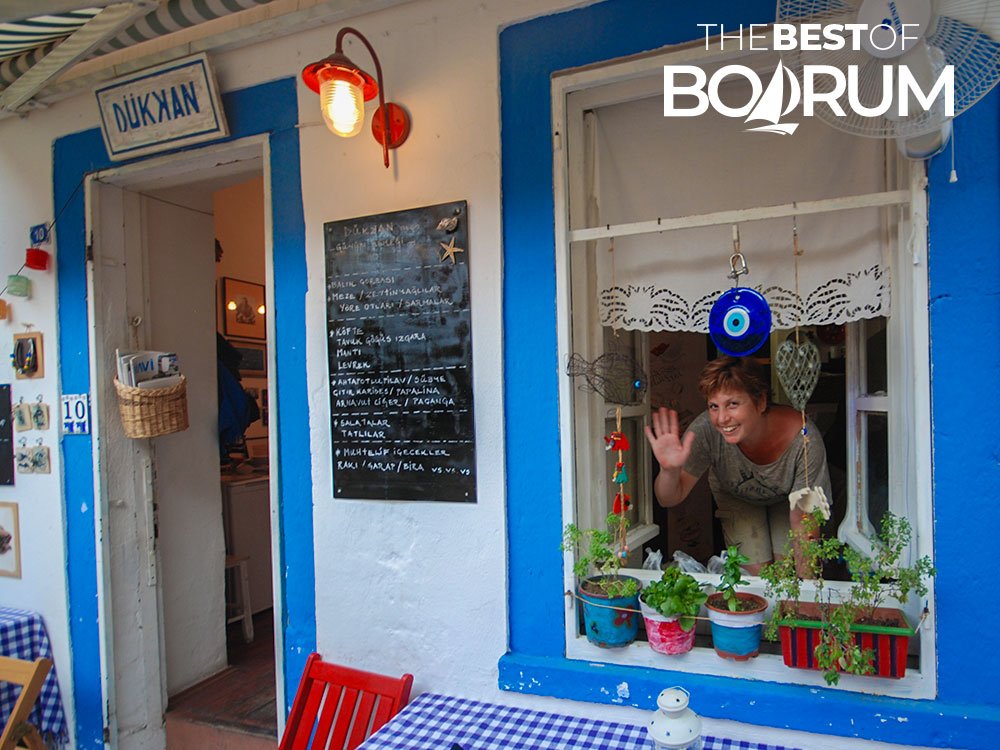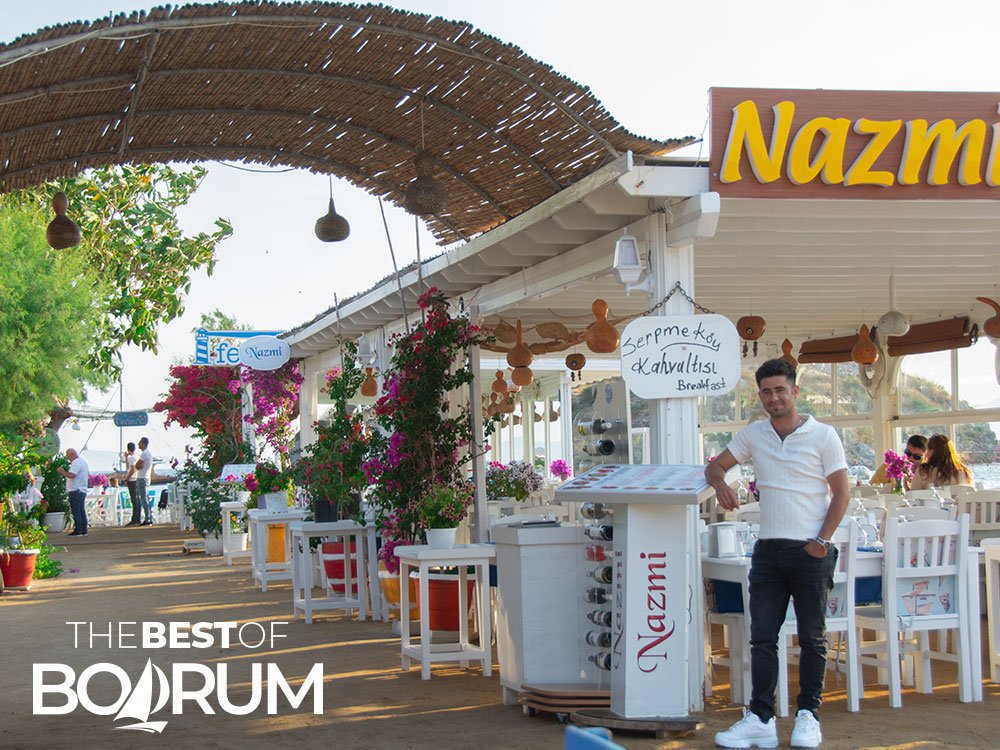Although tipping in Turkey isn’t obligatory, it’s a way to appreciate good service, just like many other parts of the world. However, there are some differences in when, where, and how we leave tips.
Tipping, or “bahsis” as we call it, is a gesture to recognize the hard work of those in the service industry. It’s a way for us to express gratitude and respect for the services we receive.
It’s important to note that tipping customs can vary depending on the region. Tipping is generally expected for some service branches in tourist destinations and big cities, but it might not be as common in more rural or traditional areas. It’s always nice to be mindful of local traditions when deciding whether to leave a tip to show your appreciation.
In This Article
Tipping in Turkey Basics
Turkish culture, which is built on relationships, also influences tipping customs. Even if the service or food is not good, we often tip our service staff for their smiling faces, polite and respectful behaviour, and timely service which makes us comfortable.
Today, tipping in Turkey has started to become more of a habit than a sign of satisfaction with the service. Nowadays, people seem to leave tips as if it were an obligation. However, according to traditional Turkish customs, this is not correct and also contrary to etiquette. So, keep your money in your pocket if you’re not happy with your experience.
We typically place the tip discreetly in the tip box or hand it to our waiter to avoid others seeing how much we tip. Culturally, we refrain from publicly giving money to avoid embarrassing our service staff.

Usually, it’s seen as “proper” to leave about 10% of the total bill as a tip. But there are times, like with valet services or if the bill is too low or high for 10%, when this rule might not apply. In those situations, it’s best to trust your instincts and decide how much to tip.
Currency Considerations When Tipping in Turkey
When tipping in Turkey, remember that our local banking system doesn’t support adding tips directly to credit cards. Instead, we usually give tips in cash.
An alternative is to ask the waiter if they can charge the tip to your credit card when paying the bill. For example, if your total bill is €50 and you want to leave €5 as a tip, you could ask the waiter to charge you €55. However, this workaround isn’t always reliable because it’s not officially supported. Ultimately, the decision to pass the tip to the staff is upto the venue’s owner.
Another consideration is that local regulations prohibit the exchange of foreign coins in Turkey. Banks and exchange offices won’t accept foreign coins for conversion into Turkish Lira. So, if you tip with foreign coins, there’s a good chance the service staff won’t be able to use them. You can find more insights on Turkish Lira and money exchange in my Turkey travel tips, which may be helpful during your trip.
In touristy places like Bodrum, where foreign currencies are widely used, service staff may find a way to use coins in other currencies. However, in non-touristy regions, foreign coins are generally not useful.
Tipping in a Restaurant, Café, or Bar
The “10% as a tip” guideline works well in any a-la-carte restaurant, café, or bar. However, you can choose to leave less or more than 10% based on your experience and service level you received.

In restaurants, it’s uncommon to leave tips for the chef. We usually never see them either. In some high-end, luxury restaurants in big cities, if the chef introduces herself or himself by visiting your table, you may consider giving an extra tip for the exceptional dishes. However, this is not the case for 99% of the restaurants.
If you’re unhappy with the service, leave no tip or leave 3-5% to comply with common customs. This may remind them to improve their services and communication skills. Remember, tipping in Turkey is not mandatory, even if they expect it.
Fast-food chains, self-service cafés, and restaurants often have tip boxes near the cash registers. You know what to do in this case!
Valet Parking and Cloakroom Service
Tipping in Turkey is also common when using valet parking or cloakroom services. Since there is no standard rate for these services, the amount depends on the establishment’s level of luxury and your instincts. Whether it’s a restaurant, bar, shopping mall, or even a hospital valet service, a tip equivalent to €1.50 to €3.00 in Turkish Lira is suitable for most places. For luxury venues, consider adding an extra €1.00 or €2.00 to your base tip.
Parking in busy areas like Bodrum town centre can be challenging. Municipal or private car parks are available where you can park for an hourly or one-time fee. Tipping is not customary in such parking spaces, including airport parking lots, in Turkey.
Tipping at Hotels and SPAs
If you’re staying at a hotel, especially a 4-star or 5-star one, there are some people you might consider tipping in Turkey.
The first person is the bellboy, who helps you with your luggage during check-in. In Turkey, bellboys assist you in settling into your room, and this service is not charged separately. It’s common to discreetly tip the bellboy when he leaves your room. Depending on the hotel’s luxury level, a tip of around €2.00 to €5.00 is usually appropriate.

Tipping front desk clerks and housekeeping, on the other hand, is not as common as tipping bellboys. They usually don’t expect tips because it’s not a common practice in Turkey. Personally, I only tip the desk clerks if they solve a problem for me, like changing my room or guiding me to nearby attractions.
However, I always try to leave a tip for housekeeping if I think they’ve done a good job cleaning my room. I don’t think many people in Turkey consider tipping housekeeping. The amount I tip the desk clerks depends on the complexity of the problem they solve for me. For housekeeping, I usually tip the same amount I gave to the bellboy, but I do it every 2-3 days.
If you have a car, you can use the previous tipping in Turkey guidelines for valet parking. Similarly, if the valet calls a taxi for you, you may consider tipping when he opens the taxi’s door for you.
SPAs are a popular attraction in Turkey, often found in upscale hotels offering top-notch services. When receiving treatments, it is customary to tip the masseurs and masseuses around 20-30% of the total cost. While tipping is not mandatory, it is a customary practice to show gratitude for their services.
Tipping Taxi and Bus Drivers
During my first visit to the US, I took an airport shuttle to the city upon my arrival. I was surprised to see a sign in the bus explaining the importance of tipping for the driver. While it’s understandable that everyone appreciates extra cash, publicly announcing it felt odd to me. After all, I come from a culture where discussing income-related subjects in public is considered embarrassing.

Here in Turkey, however, the situation is different. Tipping for any kind of transportation service is not common.
In public transport, such as buses or minibuses, tipping is not part of our custom in Turkey. If you decide to tip, get ready to explain your good intentions, as he may find it unusual.
Taxi drivers, on the other hand, also do not expect tips. However, you can let them keep the change if you’re in a hurry to get off.
At tourist destinations, taxi drivers are more accustomed to receiving tips from foreign travellers. Although it is still not a common practice of tipping in Turkey, they will surely appreciate and accept your tip.
Tipping in Tour Organizations
If you’re on an organized tour, it’s customary to tip the drivers and guides at the end of the tour. For extras like a Turkish traditional night out or a special day trip to a location not included in the tour, tipping for the venue or local guides is up to you, but this practice is common.
For tipping your tour guide and driver, designating someone in the group to collect tips is the best method. This person can then gather the money and present it in an envelope to both the guide and the driver at the end of the tour.
If you’re in a large group and organizing tip collection is difficult, you can always give your tip directly to your guide and ask her/him to hand over the proper amount to the driver.
Tipping Practices on Blue Cruises
A similar approach is also applicable to Blue Cruise tours when tipping in Turkey. In this kind of organization, there are no guides available, and you’ll need to tip the captain and crew separately. At the end of the trip, you can discuss the tip amount with other guests based on your satisfaction and decide.

In my last time cruising the Aegean, we had a captain, a cook, and two other crew members on a 6-day tour. There were six of us, and we decided to leave €150 for the captain, €125 for the cook, and €100 for each crew member. Of course, this is not a strict rule. I think we could tip a little more, but it was the group’s decision.
You can give all the tips to the captain and ask him to distribute them among the crew members. Alternatively, you can hand over the tips to each crew member separately.
When Not to Tip
When you’re in a foreign country, it’s natural to appreciate any help you receive. It’s also natural to wish to return the favour when somebody assists you. However, it’s important to understand the local customs regarding tipping in Turkey, as it can be perceived as rude sometimes.
For instance, I remember a traveller who once asked me for directions to The Mausoleum of Halicarnassus while I was on vacation in Bodrum. I offered to walk with him there, but when we arrived, he tried to give me money. Well, this might be common in some parts of the world, but it was a bit embarrassing for me, even though I appreciated his gesture.
In Turkey, it’s not necessary to pay locals for their help. If you feel like you’ve taken too much of their time, offering a cup of tea or a beer can be a more appropriate gesture than giving money.
Unfortunately, there are people who may ask for money in exchange for their help to travellers. This behaviour is against Turkish culture, where hospitality is highly valued. I believe asking for a tip for a simple favour is rude and unacceptable.
If you ever need help in Turkey, don’t hesitate to ask the locals, as they are usually friendly and eager to assist. However, if you feel like someone is expecting something in return for their help, it’s best to seek assistance from someone else. If the situation becomes persistent or uncomfortable, you should report it to the local authorities. Remember, tipping in Turkey doesn’t cover personal favours.
















Add comment